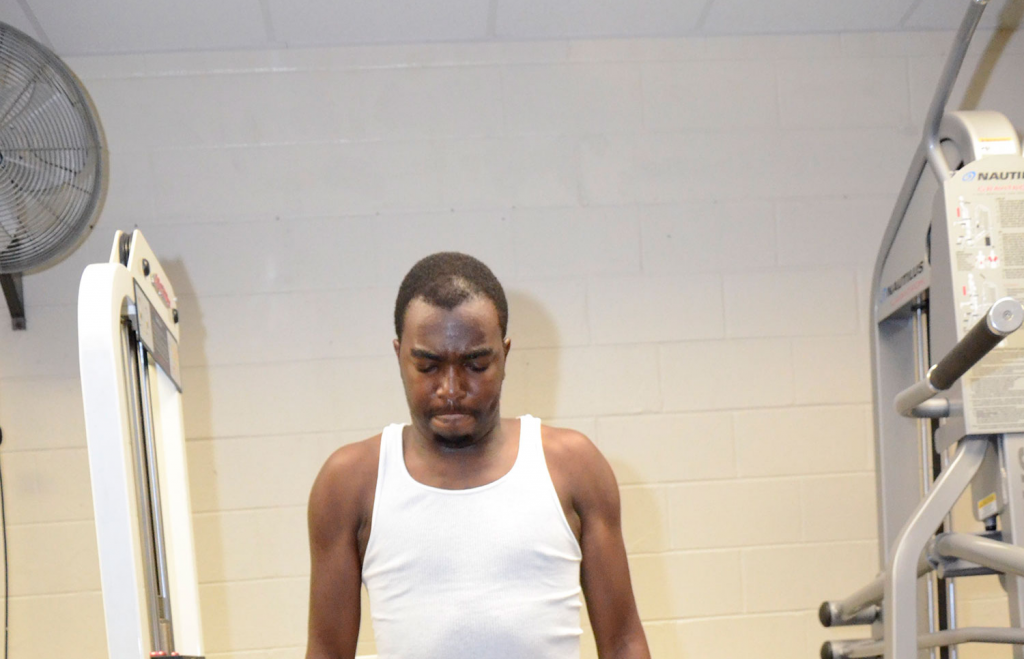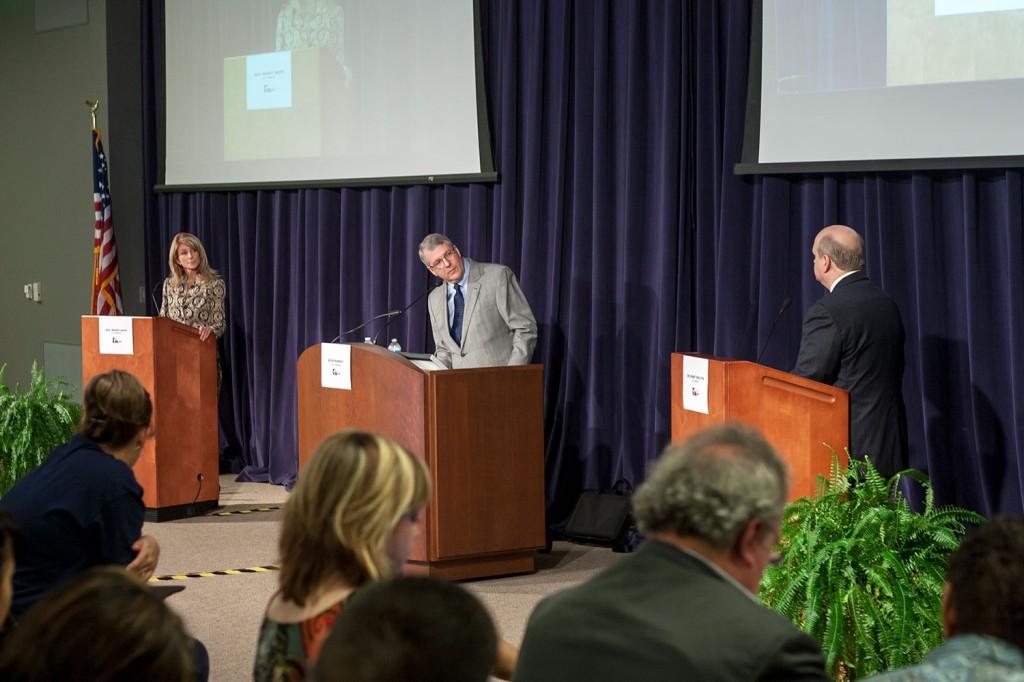I really like chemistry.
Every time I learn something new about the way atoms combine, decay or divide to produce electricity or completely destroy civilization, I feel more intimate with the world around me, and that feeling has lasted since my high school chemistry classes.
The most fun parts, of course, are the labs, where students get to see the subatomic principles we’ve learned in action. Most people understand on a high level that lithium can’t handle water, for instance, but until they see the metal set off smoke detectors every time it gets dunked, it can’t sink in the way the experience does.
Although labs are the most fun portion of the class, there is a drawback — it takes four hours. Well, most of the time, it takes only two or two and a half, but students must carve that extra time out of their schedules or cause themselves a conflict. What’s more, the lab rooms are physically smaller than the lecture rooms, meaning students must take the lectures two or three days a week and the labs only one. This can create a hole in their schedule on off days.
For example, if a student is in a Tuesday-Thursday chemistry class with the lab running 1-4 p.m. Thursdays, the 1-4 p.m. slot on Tuesday is essentially locked up as well. That Tuesday-Thursday Portuguese literature class that runs 2:30-3:50 p.m. won’t work because even though the student would probably be out of lab in time on most days, dropping $150 on the class without certainty is a stupid risk to take.
I guess I could get a part-time job or use the period to study …
Or …
TCC could fill the time with a new scheduling option of once-weekly classes that line up with science labs.
The way it is now, one class can eat up an entire two-day block because there isn’t a way to schedule around the down time that’s inherent in labs. If students want to take a full course load, that pushes them to cramming three classes in the other two-day or three-day slot. Students can take early morning classes or late evening classes and use the down time to study, but having a lecture in those two periods tends to be hard on students no matter what.
TCC already offers four-hour-per-session classes in winter, and given that the winter totals 11 sessions whereas a once-weekly class during a full semester comes out to 16, it would probably be easier.
TCC already offers a broad variety of class schedules, and the options are definitely appreciated. This is just one more option that would have helped this student graduate a lot faster.




























